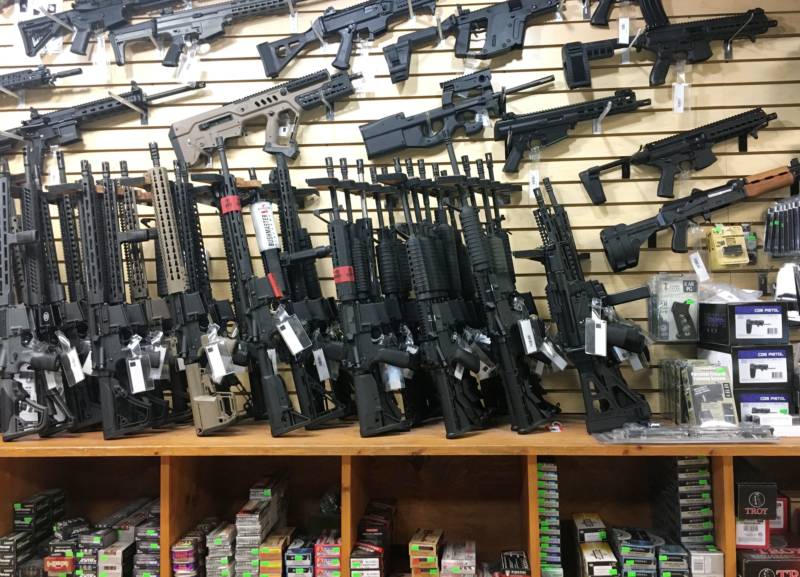The attorney general is currently litigating eight separate challenges to gun control laws, including those that banned assault-style weapons and high-capacity magazines; another that prohibits firearms dealers from selling guns to anyone under age 21; and one that prohibits online ammunition sales.
Becerra said incidents like Sunday's Gilroy attack are "happening less because we have these laws."
Becerra said the 19-year-old Gilroy suspect "clearly" had intent when he purchased a semi-automatic rifle earlier this month in Nevada. The attorney general said he believes, based on the early investigation, that the under-age suspect likely violated numerous state gun laws.
"That weapon could not be sold in California. That weapon cannot be imported into the state of California," Becerra said. "There is a very strong likelihood, as we develop the evidence, that the perpetrator in this particular case violated California law, on top of the crimes of homicide and so forth."
Becerra also noted that the "reach of the California law ends at our borders," and called for other states, as well as the federal government, to get tougher on guns.
Freilich said that's actually happening in Nevada, which was the site of an attack at an outdoor music festival in 2017 that killed 58 people and wounded hundreds of others.
Just last month, Nevada Gov. Steve Sisolak signed a package of gun control bills into law, Freilich said -- but they won't take effect until next year.
"I think it does speak to the need for concerted action across many states and at the federal level to make sure California isn't, you know, essentially victimized by people able to acquire weapons from our neighbors that have weaker and more reckless gun laws," he said, noting that California residents were among those contributing time and money to pushing legal changes in Nevada.
Still, even with its strict gun laws, there are places where gun control advocates argue California could go further.
For example, Wintemute of UC Davis said the state should consider alcohol abuse when deciding who is allowed to buy a gun.
"Our laws allow people with a history of alcohol abuse to purchase firearms despite the fact that there is a wealth of information associating alcohol abuse with risk of violence in the future, including, specifically among people who purchase guns," Wintemute said.
And when it comes to mass shootings, Wintemute said, there's usually some announcement ahead of an attack.
"They make declarations of intent," he said. "People around them are aware that something is going to happen."
That means that one of the biggest steps Californians can take to prevent gun violence, Wintemute said, is to say something if they witness anything alarming.
Graphic courtesy of CalMatters.
KQED's Katie Orr contributed to this report.

